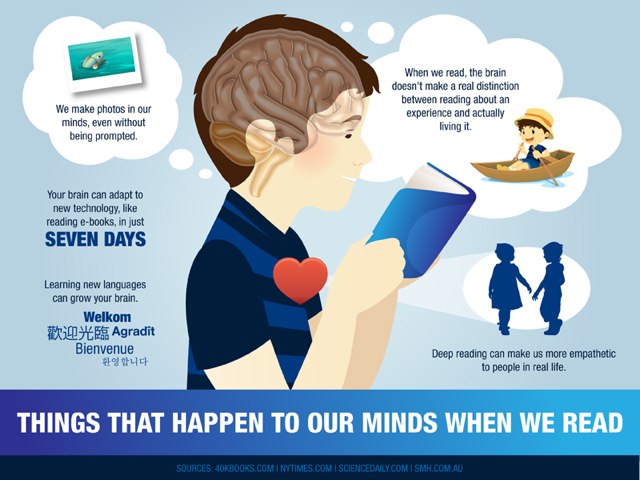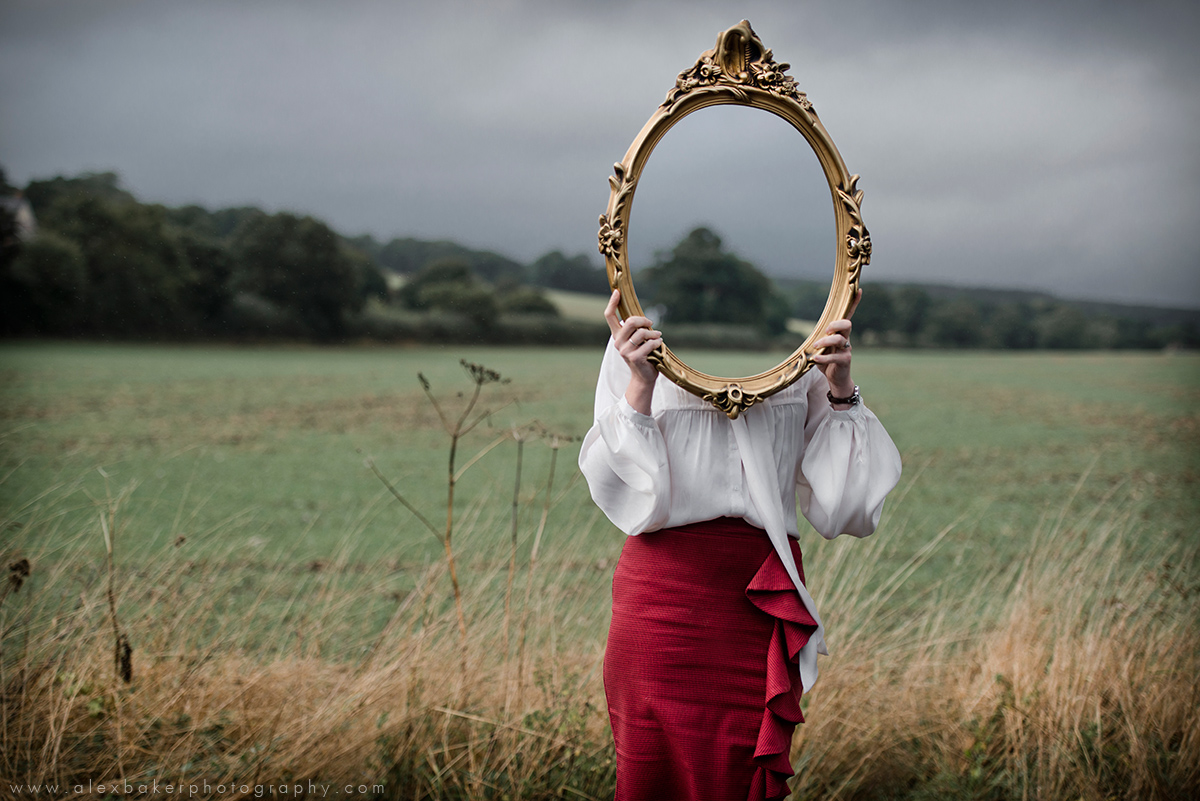It amuses me how my relationship to Christianity keeps popping up like an annoying little theme in my life.

The last two mornings, the poems I have read as part of my morning reading were about Eucharist and Creation.

They were “This Bread I Break” and “Incarnate Devil” by Dylan Thomas. I have been reading my way through his “Collected Poems” and these two poems were back to back on pages 45 and 46. By the way, I find it sort of hilarious that the poem links above are accompanied by a video recording of the robotic voice of an automatic reading of the poems. It does something funny to them, even though I didn’t listen to them all the way through.

I wonder about my attraction to Thomas as a young person. I was unaware I am sure that his wonderful use of words owes so much to the Bible and Christianity.

As I grew up, my life was deluged with Bible talk.

Besides listening to my Father preach from the King James three times a week, the people in my life often talked in a sort of Biblical way, calling each other Brother and Sister and once in a while using “thees” and “thous” or peppering conversations with Biblical quotes.

It was in grad school that I began to realize what a gift this weird childhood was when my familiarity with Bible became an asset in thinking about Gregorian Chant and countless other things in music history like the Mass and Oratorios.

I continue to throw myself into Christian Wyman’s My Bright Abyss: Meditations of a Modern Believer. It wasn’t until the fourth chapter that I began to think I might get something out of it.

Wyman’s background as a “fallen away” fundamentalist who finds himself a poet struggling with honest belief and unbelief especially after receiving a fatal diagnosis of cancer is enough to at least keep me interested.

He is most vivid when he draws from his own life and his love of poetry.
“Life is ALWAYS a question of intensity, and intensity is always a matter of focus. Contemporary despair is to feel the multiplicity of existence with no possibility for expression or release of one’s particular being. I fear sometimes that we are evolving in such a way the the possibilities for these small but intense points of intimacy and expression—poetry, for instance—are not simply vanishing but becoming no longer felt as necessary pressures.” p. 49
This puts me in mind of another book I am reading, What We See When We Read, by Peter Mendelsund.

The “small intense points of intimacy and expression” mentioned above seem present in Mendelsund’s understanding of reading as co-creating.
“There is no such thing in art as the naive reception of imagery. This is true of reading as well. Like painters, or writers, or even participants in a video game, we make choices—we have AGENCY.”
“When we want to co-create, we read. We want to participate; and we want ownership. We would rather have sketches than verisimilitude—because the sketches at least are OURS.” Peter Mendelsund
Pictures (instead of prose in a book) can be a “form of robbery” when they show us concrete representations of things we would rather imagine ourselves. These imaginings are Wiman’s “small intense points of intimacy and expression.”

Finally Wiman asks the following:
“What is poetry’s role when the world is burning? Encroaching environmental disaster and relentless wars around the world have had, it seems, a paralyzing, sterilizing effect on much American poetry. It is less the magnitude of the crises than our apparent immunity to them, this death on which we all thrive, that is spinning our best energies into esoteric language games, or complacent retreats into nostalgias of form or subject matter, or shrill denunciations of a culture whose privileges we are not ready to renounce—-or, more accurately, do not even know how to renounce.”
I haven’t quite worked this all out. But I think that Dylan Thomas’s weird visions which include a strong Biblical flavor, Wiman’s musings and Mendelsund’s questions all seem to leave me asking some of the same questions, seeking “necessary pressures” and not simply gazing into the mirror of art, poetry and music and finding myself “vanishing.”

Oh Wow! As I age I seem to drift from focus and thinking of the human condition & opt to only consider that right in front of me. Me, my family, my house, my town. Your questions crystallize the continued struggle to be human in all of its beauty and gore–of things large and small. I’ll hang onto these few minutes. Thank you.
Hey Michelle, thanks for reading! As I begin each day reaching first for my current book of poetry and then later the online news reports I am reminded of a high school teacher who once challenged me to ask what was more relevant to life: poetry or today’s news. Ultimately they are both relevant to me. In fact I think that art and the brutality of life need each other to be complete.